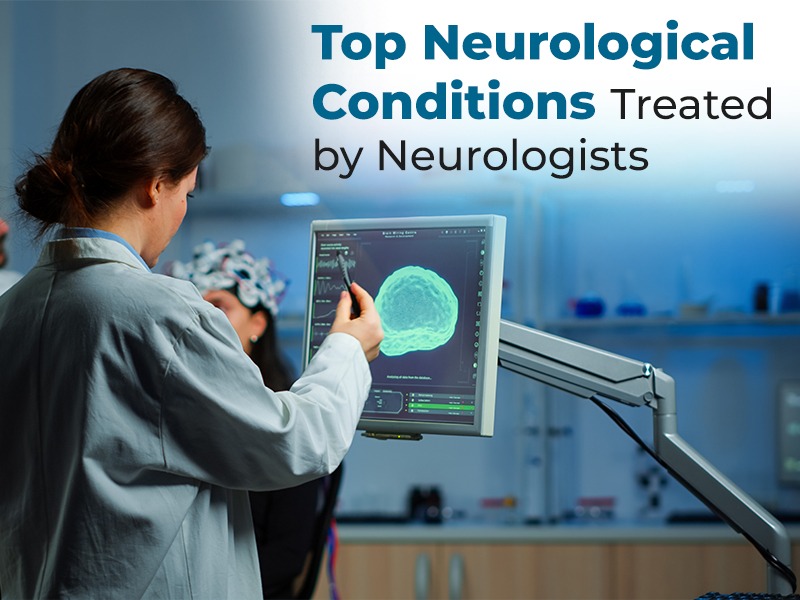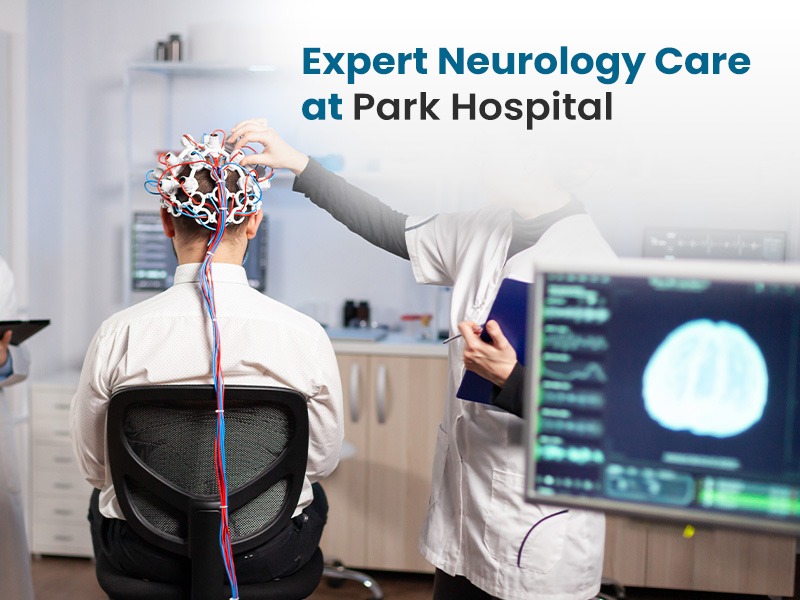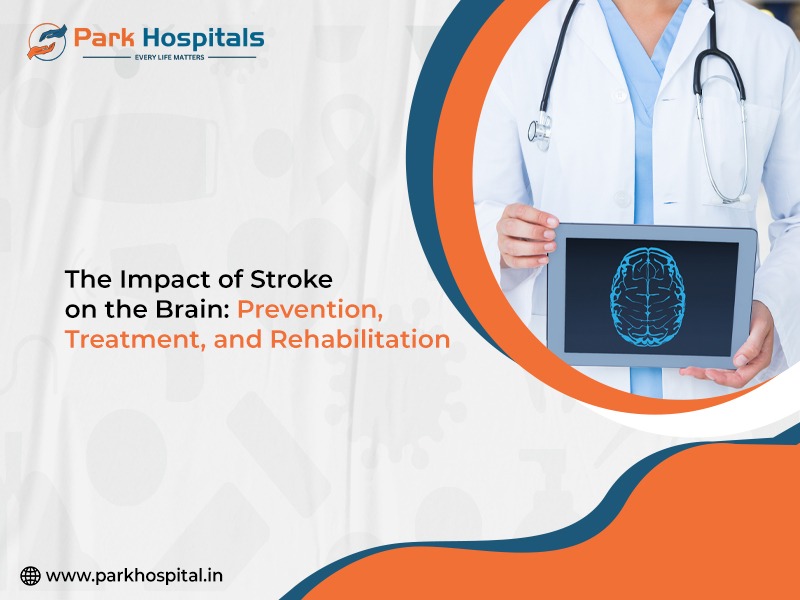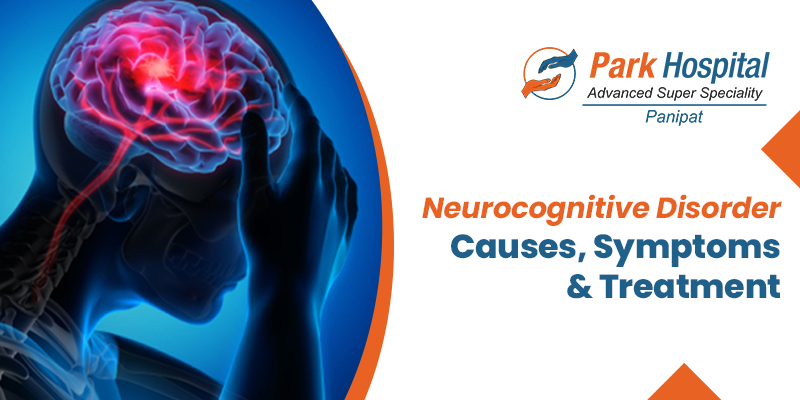In today’s hectic world, staying healthy is more than a goal—it’s a way to live life to the fullest. While we work hard to keep our bodies fit and minds sharp, many of us overlook the engine that keeps it all running: our nervous system. Yes, your brain, spinal cord, and nerves work tirelessly to ensure you can think, move, feel, and just be.
But what happens when things go wrong? Neurological conditions can silently disrupt your life, sometimes in ways you may not even realise. If you’ve ever wondered, “Why do I feel this way?” or “Can this be treated?”—you’re in the right place. Let’s explore some of the most common neurological conditions, how to care for your nervous system, and what to do when you need expert help from a Top Neurologist in Patiala and other locations.
The Conditions
1. Migraine and Other Headaches
Have you or someone you know ever experienced an extreme headache that stopped you in your tracks? Migraines are no ordinary headaches—they can leave you feeling helpless, often accompanied by nausea, sensitivity to light, and throbbing pain.
The good news about it is that migraines have triggers, and neurologists at Park Hospital are experts at identifying and managing them. Whether it’s stress, certain foods, or lack of sleep, they’ll guide you toward a personalised treatment plan so you can get back to living your best life.
2. Stroke
A stroke happens when blood flow to the brain is blocked or a blood vessel ruptures, leading to symptoms like weakness, slurred speech, or facial drooping. Quick treatment is necessary, and neurologists are essential in managing strokes and providing long-term rehabilitation to restore mobility and independence.
3. Epilepsy
This is a condition which causes recurring seizures that can range from mild to severe. The reason for this is the abnormal electrical activity in the brain. Many people mistakenly believe that epilepsy has no treatment, but with proper diagnosis and medication, most patients can lead normal lives.
The Top Neurologist in Patiala helps determine the type of epilepsy and recommends treatments tailored to the individual. They also explain to the patients and their families how to manage the conditions of this medical issue.
4. Parkinson’s Disease
This is a progressive condition that affects movement and coordination. Symptoms include tremors, stiffness, and difficulty with balance. Parkinson’s disease primarily affects older adults, but early symptoms can sometimes appear in younger people.
While there is no cure, neurologists can slow its progression with medications, therapies, and in some cases, surgical interventions like deep brain stimulation. Early diagnosis and treatment make a significant difference in quality of life.
5. Dementia and Alzheimer’s Disease
Dementia, which includes Alzheimer’s disease, is characterised by memory loss, confusion, and changes in thinking ability. It can affect not just the patient but also their family members who struggle to cope with the changes.
Neurologists diagnose and manage these conditions by suggesting medications, mental exercises, and lifestyle adjustments that can help delay the symptoms and improve the patient’s daily functioning.
6. Neuropathy
Peripheral neuropathy involves damage to the nerves outside the brain and spinal cord. It can cause numbness, tingling, or weakness, particularly in the hands and feet. Common causes in India include diabetes, vitamin deficiencies, and infections.
Treatment often involves addressing the underlying cause, such as better diabetes management, dietary changes, and medications to ease nerve pain.
7. Multiple Sclerosis (MS)
Multiple Sclerosis is an autoimmune disease where the body’s immune system attacks the protective covering of nerves, leading to a range of symptoms like vision problems, fatigue, and difficulty walking.
Neurologists specialise in diagnosing MS through scans and tests and provide treatment options, including medications and physical therapy, to manage the symptoms.
Can Neurological Issues Be Treated at Home?
While mild issues like occasional stress headaches can be managed at home with rest, hydration, and relaxation techniques, most neurological conditions need expert attention.
Delaying medical care for symptoms like persistent headaches, memory problems, or unusual movements can lead to complications. Always consult a neurologist in Patiala for accurate diagnosis and treatment.
How to Keep Your Nervous System Healthy?
While some neurological conditions are beyond our control, many can be prevented or managed through a healthy lifestyle. Here’s what you can do:
● Eat a balanced diet: Include foods rich in omega-3 fatty acids, vitamins, and antioxidants.
● Stay active: Regular exercise improves blood flow to the brain and keeps nerves healthy.
● Sleep well: Aim for 7–8 hours of quality sleep to allow your brain to recover and recharge.
● Manage stress: Practice yoga, meditation, or deep breathing to avoid stress.
● Stay informed: Regular check-ups with a doctor can help detect early signs of neurological issues.
A Healthier You Starts Today
Your nervous system is like the control centre of your body, and it deserves proper care. Many neurological conditions are manageable or even preventable with timely medical attention and a healthy lifestyle.
At Park Hospital, we offer advanced care for all kinds of neurological conditions, from migraines to strokes. Our team of experienced neurologists works with state-of-the-art technology to ensure you receive the best treatment tailored to your needs.
Don’t wait for symptoms to worsen—take the first step towards better health. Visit Park Hospital and let us help you live a life free of limitations. Because when it comes to your health, every moment counts.













